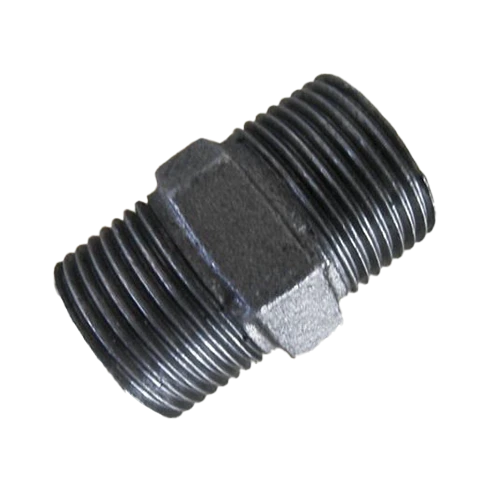Mobile:+86-311-808-126-83
Email:info@ydcastings.com
Italian
Tailored Metal Casting Solutions for Unique Industrial Needs
Custom Metal Casting A Comprehensive Overview
Custom metal casting is an essential manufacturing process that transforms molten metal into various shapes and forms tailored to specific requirements. This technique is widely used in multiple industries, including automotive, aerospace, construction, and art. It offers unique advantages such as design flexibility, material efficiency, and cost-effectiveness.
The Basics of Metal Casting
At its core, metal casting involves pouring molten metal into a mold to create objects of predefined shapes. The process begins with the selection of appropriate metals, which can range from ferrous metals like iron and steel to non-ferrous metals such as aluminum, copper, and zinc. Each metal possesses distinct properties, making it suitable for specific applications.
The casting process typically involves several steps. First, a mold is created, often using materials like sand, metal, or ceramic. The choice of mold material depends on factors such as the desired surface finish, production volume, and the metal being cast. After the mold is prepared, molten metal is poured into it and allowed to cool and solidify. Once solidified, the mold is removed, and the casting is finished through processes such as machining, cleaning, or surface treatment.
Advantages of Custom Metal Casting
One of the foremost benefits of custom metal casting is its ability to produce complex geometries that would be challenging or impossible to achieve through traditional machining methods
. This design flexibility allows engineers and designers to innovate and create parts that optimize performance and fit within tight spaces.custom metal casting

Cost-effectiveness is another significant advantage. When producing large volumes of parts, metal casting can be more economical than other manufacturing techniques. It reduces material wastage since the process can be finely controlled to minimize scrap. Furthermore, advancements in casting technologies, such as 3D printing and precision casting, have enhanced production efficiency and accuracy, reducing lead times.
Applications Across Industries
The applications of custom metal casting are diverse. In the automotive industry, cast metal components are critical for engine blocks, transmission housings, and suspension parts, where strength and lightweight properties are essential. In aerospace, castings are used for turbine housings, brackets, and other components that require both durability and reduced weight.
Furthermore, the construction industry utilizes metal casting for structural elements like beams and columns, as well as decorative features such as railings and gates. Even in the artistic realm, metal casting plays a crucial role in producing sculptures and intricate artwork, showcasing the versatility of this process.
Conclusion
In conclusion, custom metal casting is a vital manufacturing process that offers significant advantages in design flexibility, cost-effectiveness, and environmental efficiency. As technology continues to advance, the techniques and applications of metal casting will expand, allowing for even greater innovation across various industries. Whether for functional components in machinery or artistic expressions, custom metal casting remains a key player in modern manufacturing, illustrating the balance between tradition and technological advancement.
-
Premium Fan Housing & Motor Casing for Optimal AirflowNewsAug.31,2025
-
High-Performance Automobile Water Pump & Electric SolutionsNewsAug.30,2025
-
Expert Stainless Steel Casting | Precision & Durable Metal PartsNewsAug.29,2025
-
Precision Metal Castings: Aluminum, Stainless Steel & Die CastingNewsAug.28,2025
-
Superior Aluminum Castings in Automotive Engine PartsNewsAug.22,2025
-
Common Materials Used in Fan Housing ManufacturingNewsAug.22,2025











